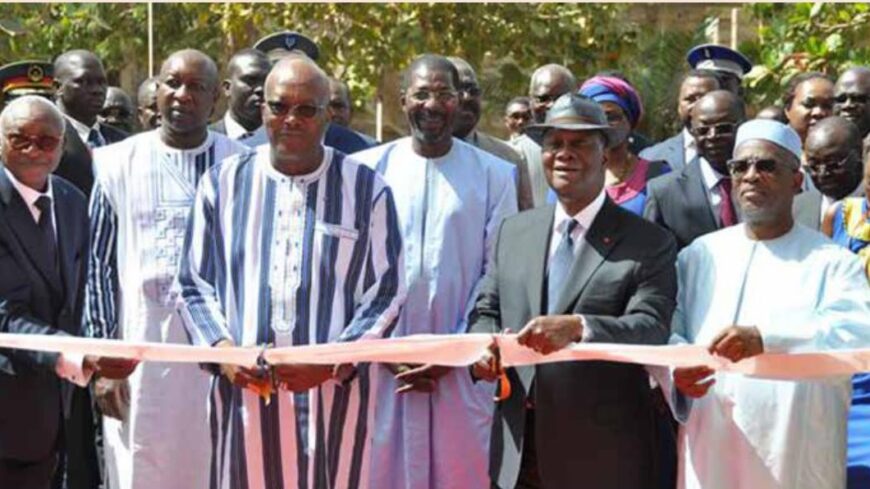The West African Economic and Monetary Union, WAEMU, a colonial creature by France but now under both France and the European Union, through financialization has become financially dependent and saddled with socioeconomic challenges it can’t solve, write *Ndongo Samba Sylla and Kai Koddenbrock.
Despite its growing use in the social sciences, “financialization” is not a settled concept at all. It remains open to many interpretations de-pending on the school of thought as well as the empirical interests of the researchers. According to John Bellamy Foster, the concept refers to the “shift in gravity of economic activity from production (and even from much of the growing service sector) to finance” which accompanies globalization and neoliberalism since the 1980s. For Gerald Epstein, it describes “the increasing importance of financial markets, financial motives, financial institutions, and financial elites in the operation of the economy and its governing institutions, both at the national and international levels.”
The conditionality programmes launched by the International Financial Institutions have been long-term drivers towards more financialization in the WAEMU. The IMF and World Bank’s agenda for financial liberalization began to be implemented following the late 1980s’ banking crisis which result-ed from the debt crisis faced by member countries. This move spelled the end of public banks and national development banks. Since then, French banks, which used to dominate the banking sector, saw their market shares decline substantially due to the competition from Moroccan and “pan-African” banks. Nonetheless, the sector remains oligopolistic until this day as just a few banks account for the major share of loans/deposits. For example, in Benin 4 banks out of 15 provide 80% of bank loans.



